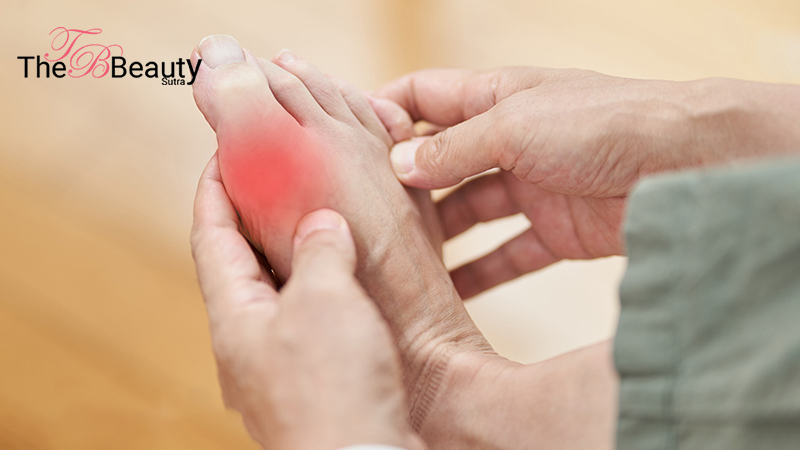Introduction:
Maintaining a healthy heart is essential for overall well-being. While diet plays a significant role in heart health, it’s not always easy to find recipes that are both nutritious and delicious. One way to support heart health is by incorporating oil-free cooking into your culinary repertoire. By eliminating or reducing oil, you can lower your intake of saturated and trans fats, which are linked to heart disease. Here, we’ll explore some creative and flavorful oil-free recipes that will keep your heart happy and your taste buds satisfied.
Oil-Free Baked Sweet Potato Fries:
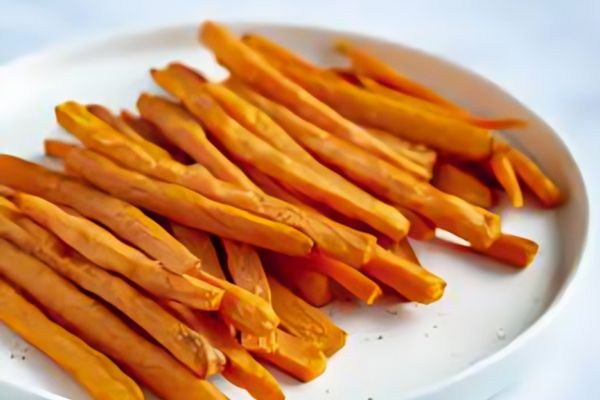
Preheat your oven to 425°F (220°C).
Cut sweet potatoes into thin strips and place them on a baking sheet lined with parchment paper.
Season with your favorite herbs and spices, such as paprika, garlic powder, and black pepper.
Bake for 25-30 minutes or until crispy, flipping halfway through.
Quinoa-Stuffed Bell Peppers:
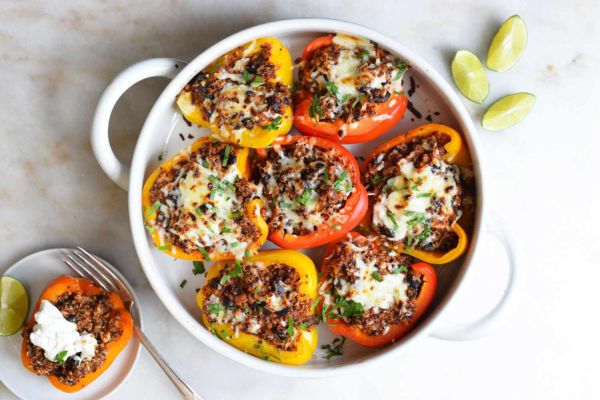
Cook quinoa according to package instructions.
In a bowl, mix cooked quinoa with diced vegetables like tomatoes, onions, and spinach.
Season with herbs like basil and oregano, along with a dash of salt and pepper.
Cut bell peppers in half lengthwise, remove seeds and membranes.
Stuff each pepper half with the quinoa mixture.
Bake at 375°F (190°C) for 25-30 minutes or until peppers are tender.
Oil-Free Hummus:
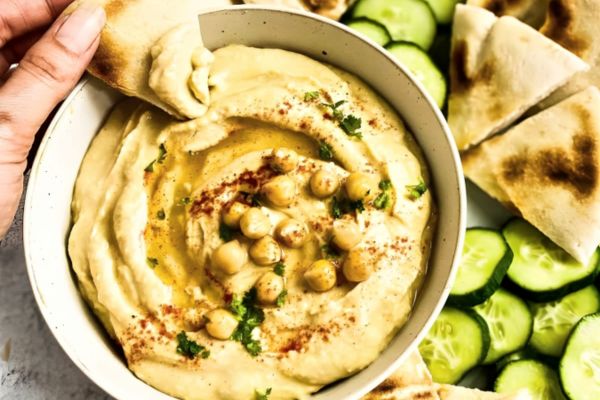
In a food processor, combine cooked chickpeas, garlic, lemon juice, tahini (optional), and a splash of water.
Blend until smooth, adding more water if needed to reach your desired consistency.
Season with cumin, salt, and pepper to taste.
Serve with veggie sticks or whole grain crackers for a heart-healthy snack.
Vegetable Stir-Fry:
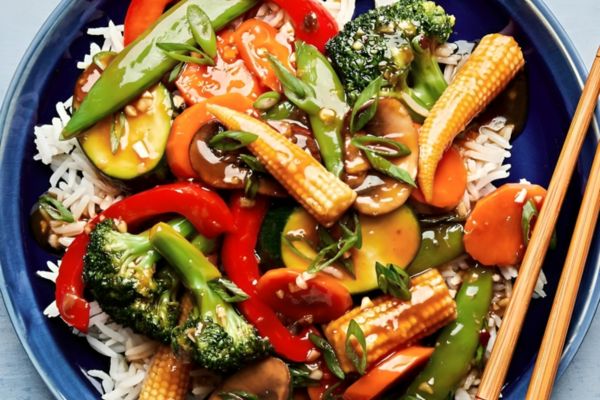
Heat a non-stick skillet over medium heat.
Add chopped vegetables such as broccoli, bell peppers, carrots, and snap peas.
Stir-fry until tender-crisp, adding a splash of vegetable broth or water to prevent sticking.
Season with ginger, garlic, soy sauce, and a squeeze of lime juice.
Serve over brown rice or quinoa for a satisfying and nutritious meal.
Oil-Free Banana Oat Pancakes:
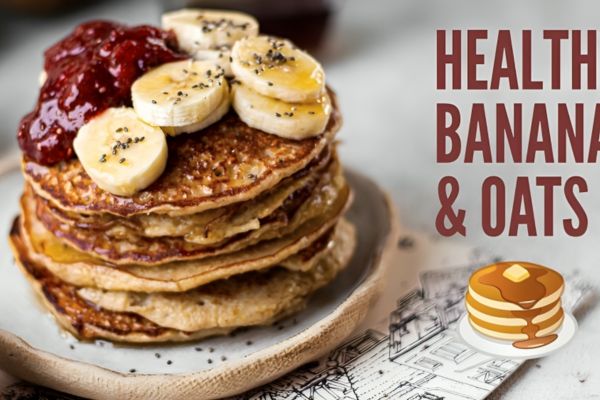
In a blender, combine ripe bananas, oats, almond milk, and a pinch of cinnamon.
Blend until smooth.
Heat a non-stick skillet over medium heat and pour the batter onto the skillet to form pancakes.
Cook until bubbles form on the surface, then flip and cook until golden brown on both sides.
Serve with fresh fruit and a drizzle of maple syrup for a heart-healthy breakfast.
Reduced Risk of Heart Disease:

Oil-free foods typically contain lower levels of saturated and trans fats, both of which are known contributors to heart disease. By eliminating oils, you can significantly reduce your intake of these unhealthy fats, thereby lowering your risk of developing heart-related issues.
Lower Cholesterol Levels:
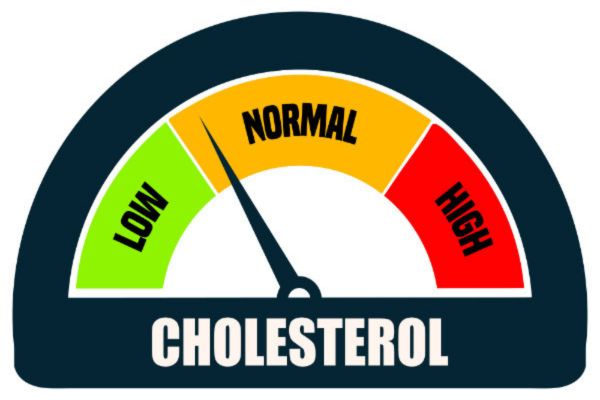
Many oils, especially those derived from animal sources and certain plant oils like palm oil and coconut oil, are high in saturated fats, which can raise LDL (bad) cholesterol levels in the blood. By opting for oil-free meals, you can naturally lower your cholesterol intake, promoting better heart health.
Improved Blood Pressure Control:
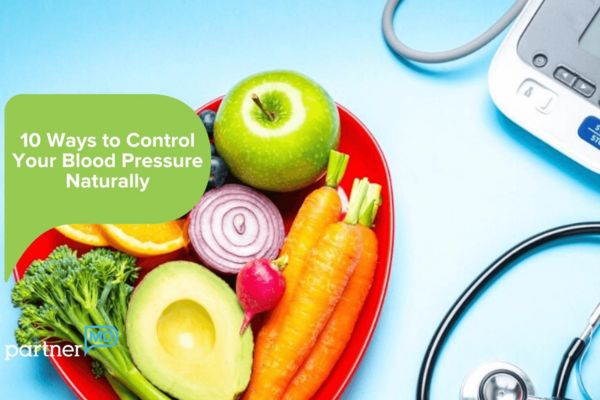
Excess consumption of oils, particularly those high in sodium or saturated fats, can contribute to high blood pressure, a major risk factor for heart disease and stroke. Choosing oil-free foods can help regulate blood pressure levels, supporting overall cardiovascular wellness.
Enhanced Nutrient Intake:
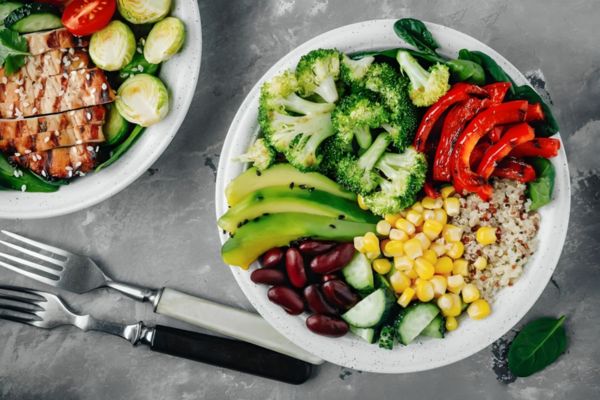
Oil-free foods often emphasize whole, plant-based ingredients such as fruits, vegetables, legumes, and whole grains. These nutrient-rich foods are packed with vitamins, minerals, fiber, and antioxidants that support heart health by reducing inflammation, improving blood vessel function, and promoting overall well-being.
Weight Management:

Oils are energy-dense, meaning they pack a high number of calories into a small volume. By cutting out oils, you can decrease your calorie intake without sacrificing nutrition, making it easier to maintain a healthy weight. Excess weight is a significant risk factor for heart disease, so managing weight through oil-free eating can be beneficial for heart health.
Culinary Creativity:

Embracing oil-free cooking challenges you to explore new culinary techniques and flavors. Instead of relying on oils for flavor and texture, you can experiment with herbs, spices, vinegars, citrus juices, and other natural ingredients to enhance the taste of your dishes. This creative approach to cooking not only benefits your heart but also adds excitement to your meals.
Conclusion:
In the pursuit of a healthy heart, the choice to go oil-free offers numerous benefits. By reducing saturated fats, cholesterol, and excess calories, oil-free foods support cardiovascular health and contribute to overall well-being. Incorporating more whole, plant-based foods into your diet while minimizing or eliminating oils can be a delicious and fulfilling way to prioritize your heart health. So, let’s embrace the oil-free lifestyle and nourish our hearts for a vibrant and fulfilling life.







